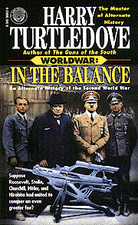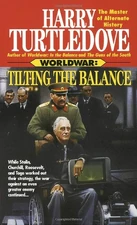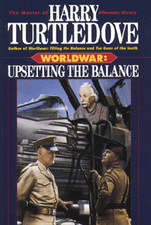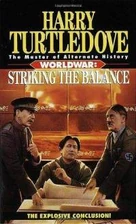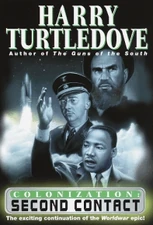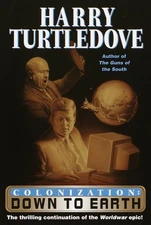TR (Message Wall | contribs) No edit summary |
No edit summary |
||
| Line 5: | Line 5: | ||
The Race categorized the not-empires into three categories: |
The Race categorized the not-empires into three categories: |
||
#Those led by rulers who ruled as emperors without a hereditary mandate, such as [[Germany (Worldwar)|Germany]] and the [[Soviet Union (Worldwar)|Soviet Union]] |
#Those led by rulers who ruled as emperors without a hereditary mandate, such as [[Germany (Worldwar)|Germany]] and the [[Soviet Union (Worldwar)|Soviet Union]] |
||
| + | |||
| − | #Those where emperors reigned merely as figureheads who gave legitimacy to politicians who governed in their name, such as [[ |
+ | #Those where emperors reigned merely as figureheads who gave legitimacy to politicians who governed in their name, such as the [[United Kingdom (Worldwar)|United Kingdom]] and [[Japan (Worldwar)|Japan]] |
| + | |||
#Democracies such as the [[United States (Worldwar)|United States]] and [[Canada#Canada in Worldwar)|Canada]], which the Race derided as [[snoutcounting]] and considered anarchies. |
#Democracies such as the [[United States (Worldwar)|United States]] and [[Canada#Canada in Worldwar)|Canada]], which the Race derided as [[snoutcounting]] and considered anarchies. |
||
Revision as of 13:37, 20 December 2014
Not-empires is the literal translation of the term for most Tosevite political systems in the language of the Race.
Before coming to Tosev 3, the Race had never encountered a political entity which was not ruled by a hereditary monarch. The Race assumed this system was also the one used by the various independent states with which the Conquest Fleet was engaged. They were disabused of this error when Vyacheslav Molotov recounted the regicide of Nicholas II and his family during the Russian Revolution to Atvar.
The Race categorized the not-empires into three categories:
- Those led by rulers who ruled as emperors without a hereditary mandate, such as Germany and the Soviet Union
- Those where emperors reigned merely as figureheads who gave legitimacy to politicians who governed in their name, such as the United Kingdom and Japan
- Democracies such as the United States and Canada, which the Race derided as snoutcounting and considered anarchies.
Not-Empires Recognized by the Race
See: Countries Which Survived the Race's Invasion
Not-Empires Conquered by the Race
See: Race Colonies
| |||||||||||||||||||||||||
